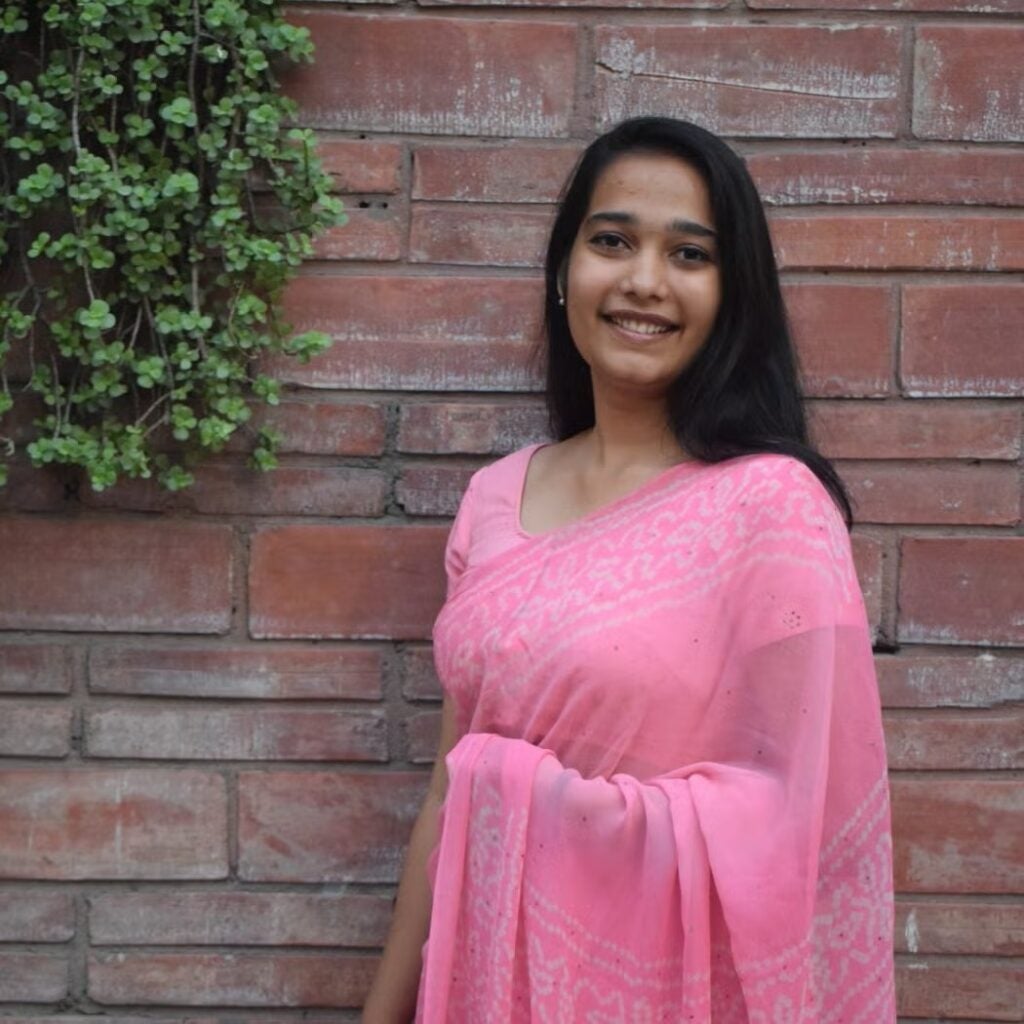Paawani Tewari
Global Human Development Student
Paawani Tewari is a development and strategy professional with experience in policy research, program design, and cross-sector partnerships. At the Vedica Foundation in New Delhi, she served as Manager for Strategy and Research in the founder’s office, where she managed academic partnerships, curriculum development, and organizational strategy. She also led City of Women – Delhi, a large-scale urban initiative that engaged over a million people and shaped conversations around safer and more inclusive cities for women. Her policy experience includes research internships with the Economic Advisory Council to the Prime Minister (NITI Aayog) and the Indian National Congress, where she contributed to economic and social policy analysis. Paawani holds a bachelor’s triple major in Economics, Political Science, and Sociology from Christ University, Bangalore, and a master’s in Public Policy from St. Xavier’s College, Mumbai. Currently at the Global Human Development Program she is on track to complete certifications in International Business Diplomacy and Social Innovation. Increasingly drawn to the private sector as a driver of systemic change, Paawani is focused on advancing initiatives that integrate sustainability, innovation, and growth. She looks up to the work of global organizations and multilateral institutions that design and implement strategies aligning profitability with purpose. She brings strong skills in policy, economic analysis, strategy & program design, and a proven ability to collaborate across cultures, qualities she aims to leverage in building a global career.
Summer internship
This summer, I worked with Rizome in Manila, Philippines, a company that pioneers sustainable construction materials by collaborating with the region's indigenous communities to produce engineered bamboo. Rizome is a company that has embedded climate and equity goals into its business model. During my time there, I developed a growth strategy that highlights Rizome’s measurable social and environmental impact. This included designing a data collection and analysis dashboard, creating an impact measurement metric grounded in the Natural Stewardship Framework, and drafting a reporting template, tools if implemented and audited, could strengthen the value of Rizome’s carbon credits in the long run and serve as compelling material for future funding pitches. To ground my work in real-world insights, I met and interviewed indigenous leaders (Datos), analyzed their end-to-end supply chain by visiting the processing facilities, nurseries/ plantations, and consulted with regional subject matter experts at the Asian Development Bank and World Bank. The experience has broadened my perspective on both the cultural and technical dimensions of development. It also deepened my understanding of how innovative private sector business models have the potential to drive large scale impact.
